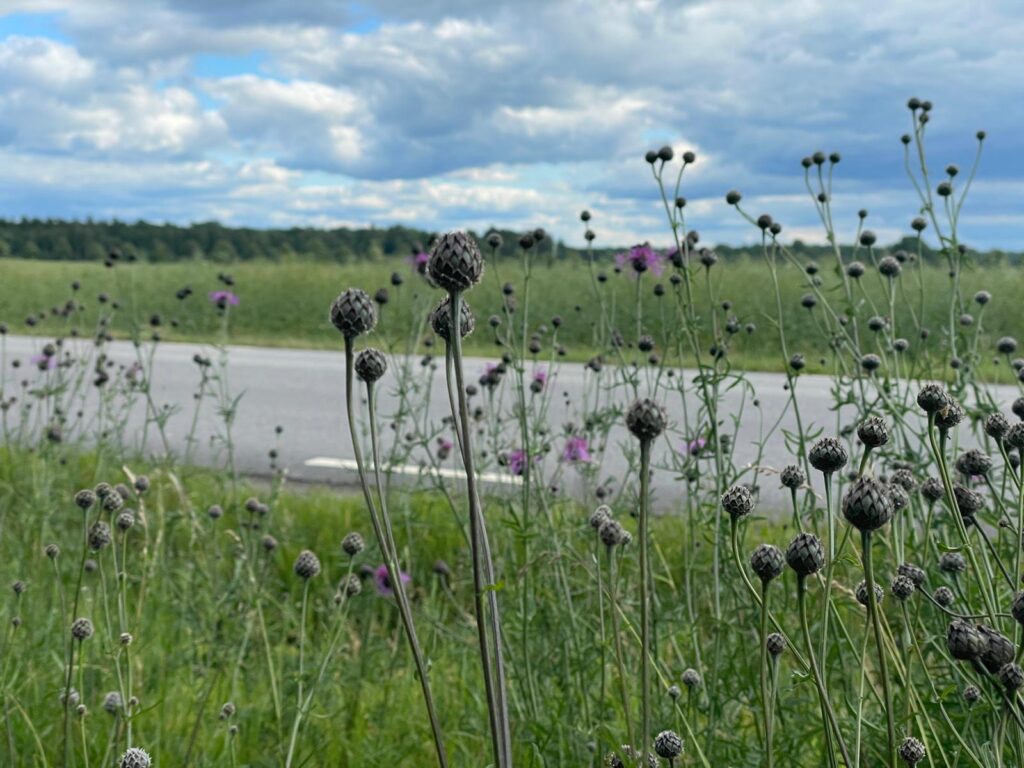Background
Aims
Landscapes across Europe have undergone significant transformations in recent decades, leading to substantial wildlife population declines. Among the most affected are pollinator species, particularly bees, with studies indicating a global decline of 25% in bee species since the 1990s. This trend threatens both biodiversity and agricultural productivity, as approximately 75% of crops consumed by humans rely on insect pollination.
While generalist pollinators may adapt to changing landscapes by using diverse floral resources, specialist species with strict host plant requirements face greater extinction risks. These specialists are particularly vulnerable to habitat fragmentation, which disrupts the metapopulation dynamics that sustain them across landscapes. Megachile lagopoda, Sweden’s largest wild bee, represents such a specialist. Currently listed as near threatened on the Swedish Red List, this solitary bee depends exclusively on the greater knapweed (Centaurea scabiosa) for pollen collection. Despite their ecological importance, current knowledge of specialist bee species’ specific habitat requirements remains limited.
This project aimed to:
- Determine the ecological requirements of Megachile lagopoda in relation to its host plant abundance
- Analyze how connectivity between habitat patches influences bee distribution
- Identify the impact of topographic and environmental factors on local bee populations
